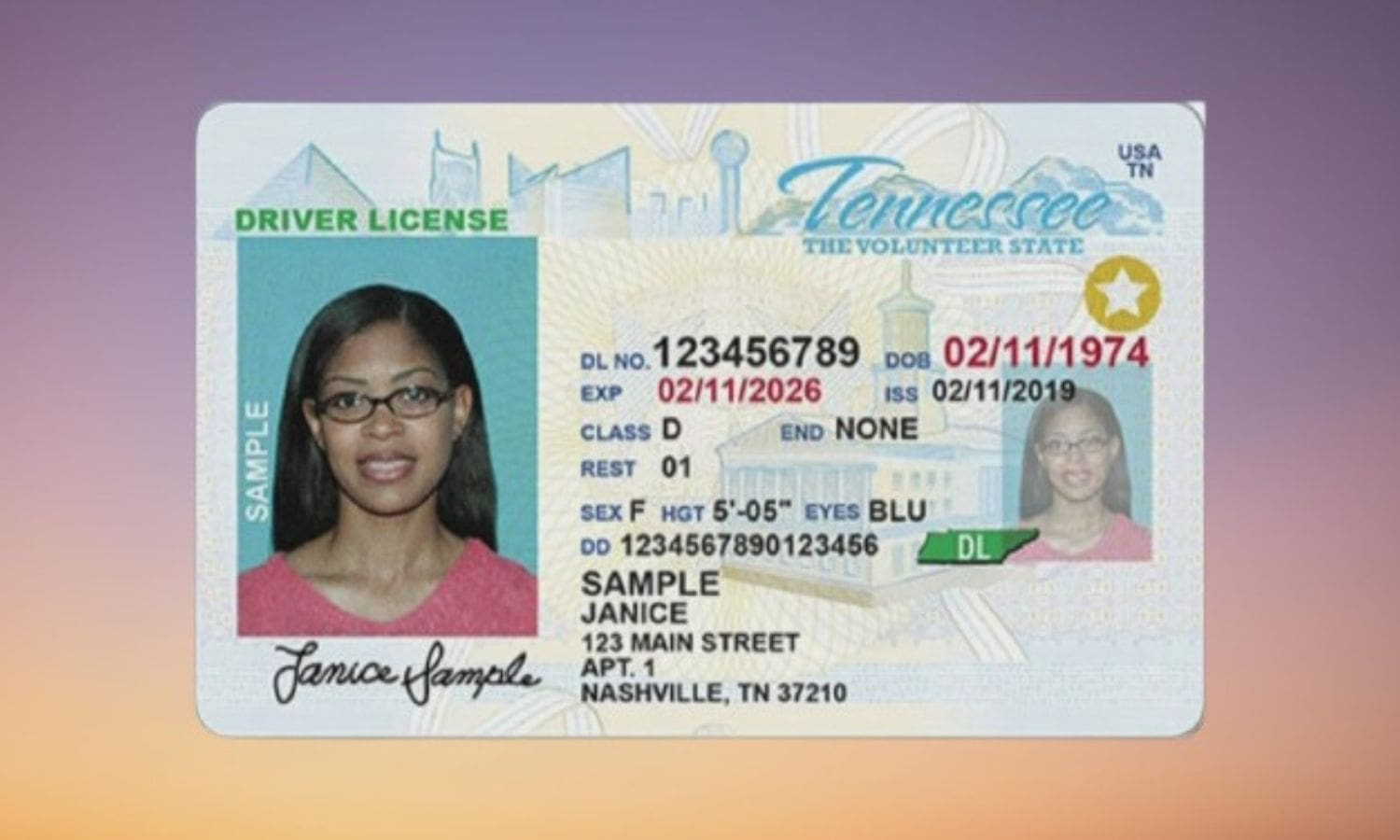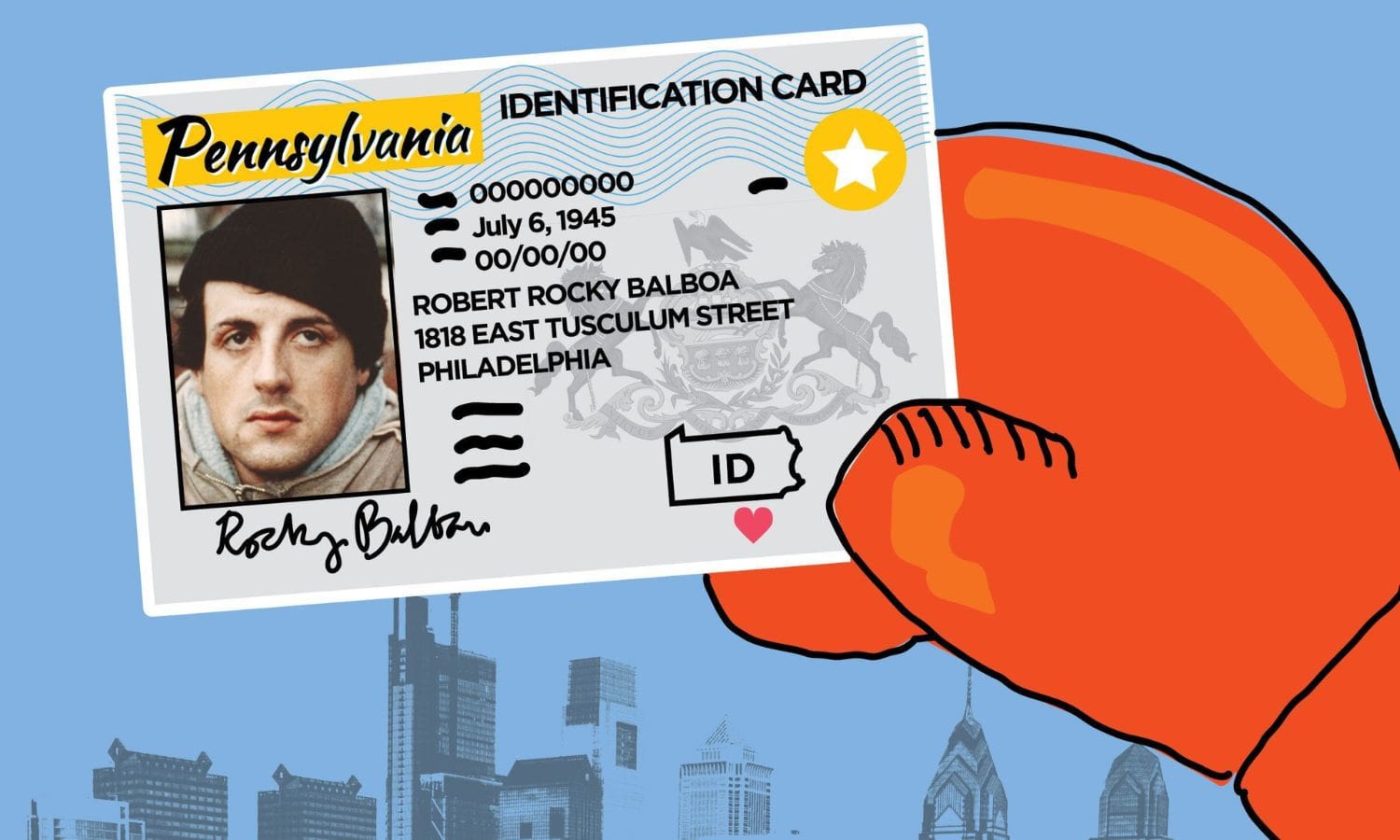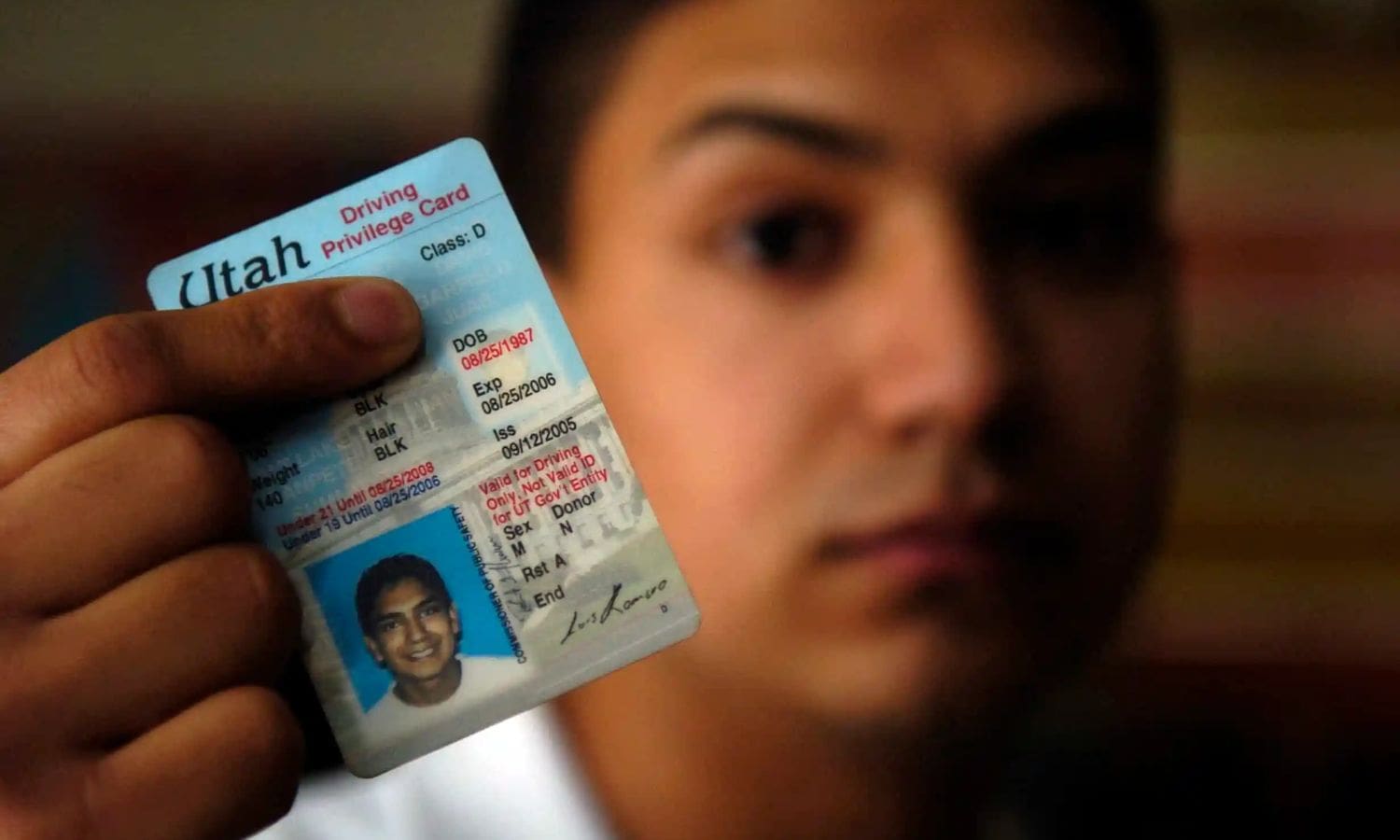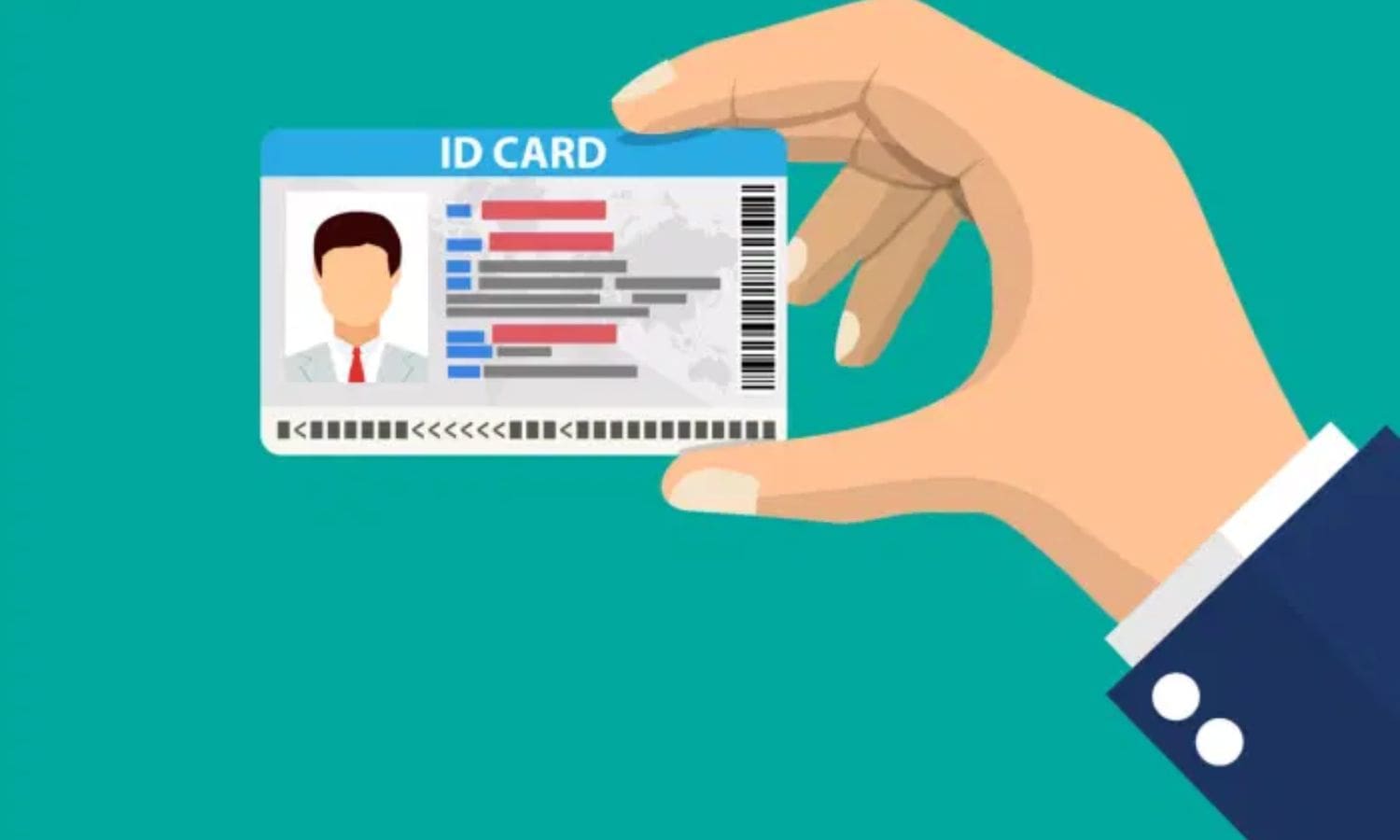REAL ID for Undocumented Individuals: The implementation of the REAL ID Act in California has raised important questions regarding the access to identification for undocumented individuals.
While AB 60 allows undocumented individuals to obtain a driver’s license, it is crucial to understand the limitations and potential risks associated with this form of identification.
The need for additional documents, the challenges of interacting with border patrol and immigration checkpoints, and the complexities of navigating air travel are just a few aspects that require careful consideration.
We will explore the intricacies surrounding REAL ID for undocumented individuals in California, shedding light on the legal guidance and potential implications that arise from this issue.
Key Takeaways Of REAL ID for Undocumented Individuals
- Undocumented individuals in California can obtain an AB 60 driver’s license, which allows them to legally drive but is not recognized by the federal government as a form of identification.
- Undocumented individuals should gather additional documents to establish their immigration history, such as birth certificates, passports, visas, employment records, and tax returns, to enhance their credibility and increase their chances of obtaining legal status.
- Undocumented individuals face risks near the border with Mexico, including questioning, detention, and possible deportation by Border Patrol officers, and should be aware of their rights and seek legal advice to navigate these situations.
- Undocumented individuals may face challenges when interacting with immigration authorities at airports, and should be prepared for scrutiny at check-in counters, security checkpoints, and boarding gates, and seek legal advice to navigate air travel challenges effectively.


AB 60 Driver’s License Limitations: In-State Validity vs. Federal Recognition
The AB 60 driver’s license in California has limitations in terms of its validity within the state versus its recognition at the federal level.
While the AB 60 license allows undocumented individuals to legally drive in California, it is important to note that it is not recognized by the federal government as a form of identification.
This means that individuals with an AB 60 license may face difficulties when attempting to use it for federal purposes such as boarding domestic flights or entering federal buildings.
It is crucial for AB 60 license holders to understand the limitations of their license and to carry alternative forms of identification when necessary.
While the AB 60 license is a step towards providing driving privileges to undocumented individuals, it is important to advocate for comprehensive immigration reform that includes a pathway to citizenship for all.
Immigration Attorney’s Insights: The Crucial Role of Additional Documents
For those seeking a reliable form of identification in California, the REAL ID for Undocumented Individuals offers a crucial solution. Immigration attorney Brian López emphasizes the importance of additional documents in verifying an individual’s immigration status. The AB 60 license, while providing a valid form of identification within the state, lacks federal recognition.
López advises undocumented individuals to proactively gather supplementary documents to establish their immigration history and strengthen their case for legal status. These documents may include birth certificates, passports, visas, employment records, tax returns, and any other relevant evidence. By presenting a comprehensive set of supporting documents, undocumented individuals can enhance their credibility and increase their chances of obtaining legal status.
López’s insights highlight the crucial role that additional documents play in the REAL ID application process, ensuring a more robust and convincing case for undocumented individuals seeking identification and legal recognition.
Best For: Undocumented individuals in California seeking a reliable form of identification.
Pros:
- The REAL ID for Undocumented Individuals provides a valid form of identification within the state of California.
- Supplementary documents such as birth certificates, passports, visas, employment records, tax returns, etc., can strengthen an individual’s case for legal status.
- By presenting a comprehensive set of supporting documents, undocumented individuals can enhance their credibility and increase their chances of obtaining legal status.
Cons:
- The AB 60 license lacks federal recognition, limiting its usefulness outside of California.


Also Read: Crowd Machine and Metavine Ordered to Pay $20M in CMCT Lawsuit”
Potential Risks: Interactions with Border Patrol and Immigration Checkpoints
Addressing the potential hazards faced by undocumented individuals, particularly in close proximity to the border with Mexico, involves understanding the risks associated with interactions with Border Patrol officers and immigration checkpoints.
When encountering Border Patrol officers, undocumented individuals may be subject to questioning, detention, and possible deportation.
Immigration checkpoints are established along major highways near the border and are used to identify individuals without proper documentation. Undocumented individuals are at risk of being detained and handed over to Immigration and Customs Enforcement (ICE) for further processing.
It is important for undocumented individuals to be aware of their rights and seek legal advice in order to navigate these situations.
Understanding the potential risks and being prepared can help mitigate the negative consequences of these encounters.
Air Travel Challenges: Navigating Airport Interactions for Undocumented Immigrants
Undocumented immigrants face significant challenges when navigating interactions with immigration authorities at airports. Traveling by plane poses unique risks for undocumented individuals, as they may encounter immigration officers during various stages of the airport process. These encounters can lead to detention, deportation, or other consequences.
Undocumented immigrants may be subjected to questioning and scrutiny at check-in counters, security checkpoints, and boarding gates. Immigration officers have the authority to request identification and immigration status, potentially leading to further investigation or apprehension.
It is crucial for undocumented individuals to be aware of their rights and have a clear understanding of the potential risks involved in air travel. Seeking legal advice and understanding the specific immigration policies and procedures at airports can help undocumented immigrants navigate these challenges more effectively.
Legal Guidance: Necessity of Consultation and Caution During Detention
During detention, it is imperative for individuals to seek legal guidance and exercise caution to protect their rights. Attorney Brian López emphasizes the importance of consulting with an attorney in case of detention.
He advises individuals to remain calm and avoid making any statements without an attorney present. López also suggests carrying a card with the name and contact information of an attorney who specializes in immigration law. This card can be shown to law enforcement officers to request legal representation during any interactions.
Additionally, López recommends individuals to refrain from signing any documents without first consulting with an attorney.


Conclusion Of REAL ID for Undocumented Individuals
The implementation of the Real ID for undocumented individuals in California presents both limitations and potential risks.
The need for additional documents is crucial in obtaining a driver’s license, and caution should be exercised during interactions with Border Patrol and immigration checkpoints.
Undocumented immigrants may face challenges when navigating airport interactions. Legal guidance and consultation are advised, particularly in situations of detention.
Our Reader’s Queries
Q1. Can undocumented immigrants get REAL ID in California?
A. Currently, only individuals able to demonstrate their lawful presence in the U.S. as “authorized under federal law” are eligible to apply for a regular (non-REAL ID) California identification card (CA ID). AB 1766 broadens the eligibility for standard CA ID to include all residents of California, irrespective of their immigration status, by the year 2027.
Q2. Can I get a California ID without proof of residency?
A. To apply for a REAL ID, it is necessary to furnish evidence of identity, Social Security Number (SSN), and two proofs of residency chosen from the approved list of REAL ID documents.
Q3. What documents are needed for REAL ID in California?
A. Evidence of identity, such as a U.S. birth certificate, valid U.S. passport, permanent resident card, or foreign passport with an approved form I-94, is required. Additionally, proof of Social Security number (SSN) can be provided through a Social Security card, W-2 form, or paystub with the full SSN. Two distinct printed documents indicating your California mailing address are also necessary.
Q4. Can undocumented immigrants get covered California?
A. Undocumented immigrants, not eligible for a health plan through Covered California, may qualify for coverage through Medi-Cal up to age 26 or for pregnancy coverage. Additionally, immigrants without lawful presence have the option to purchase private health insurance independently outside of Covered California.
Q5. How long does it take to get a REAL ID in California?
A. In the application process, once accepted and paperwork filed without any backend complications, the actual ID card is expected to be produced and delivered by mail to the provided address within an estimated timeframe of 3 to 6 weeks.

